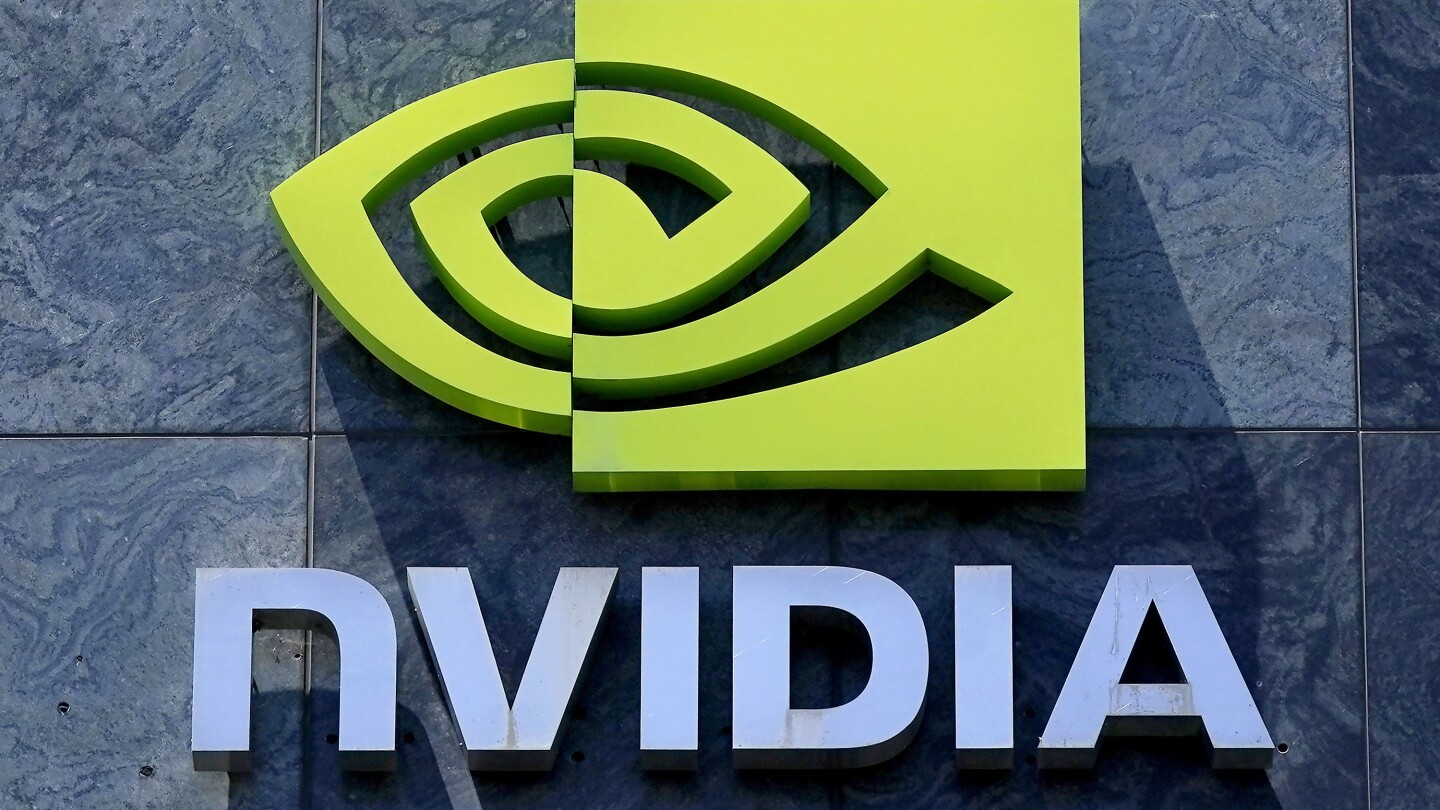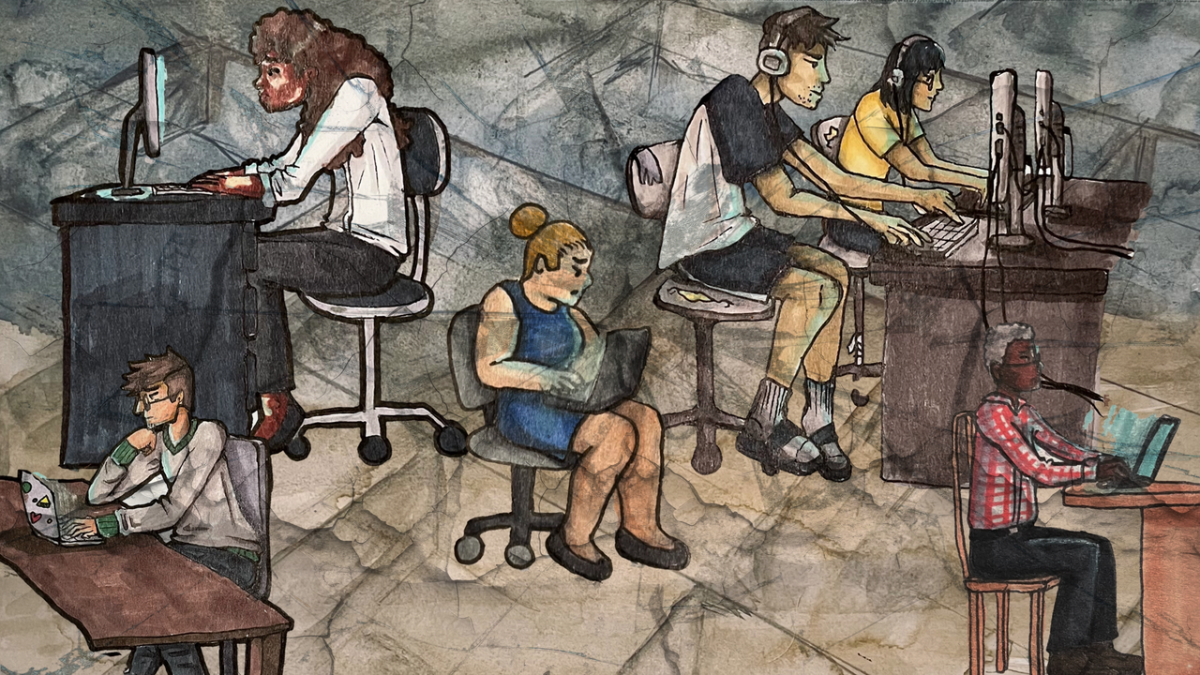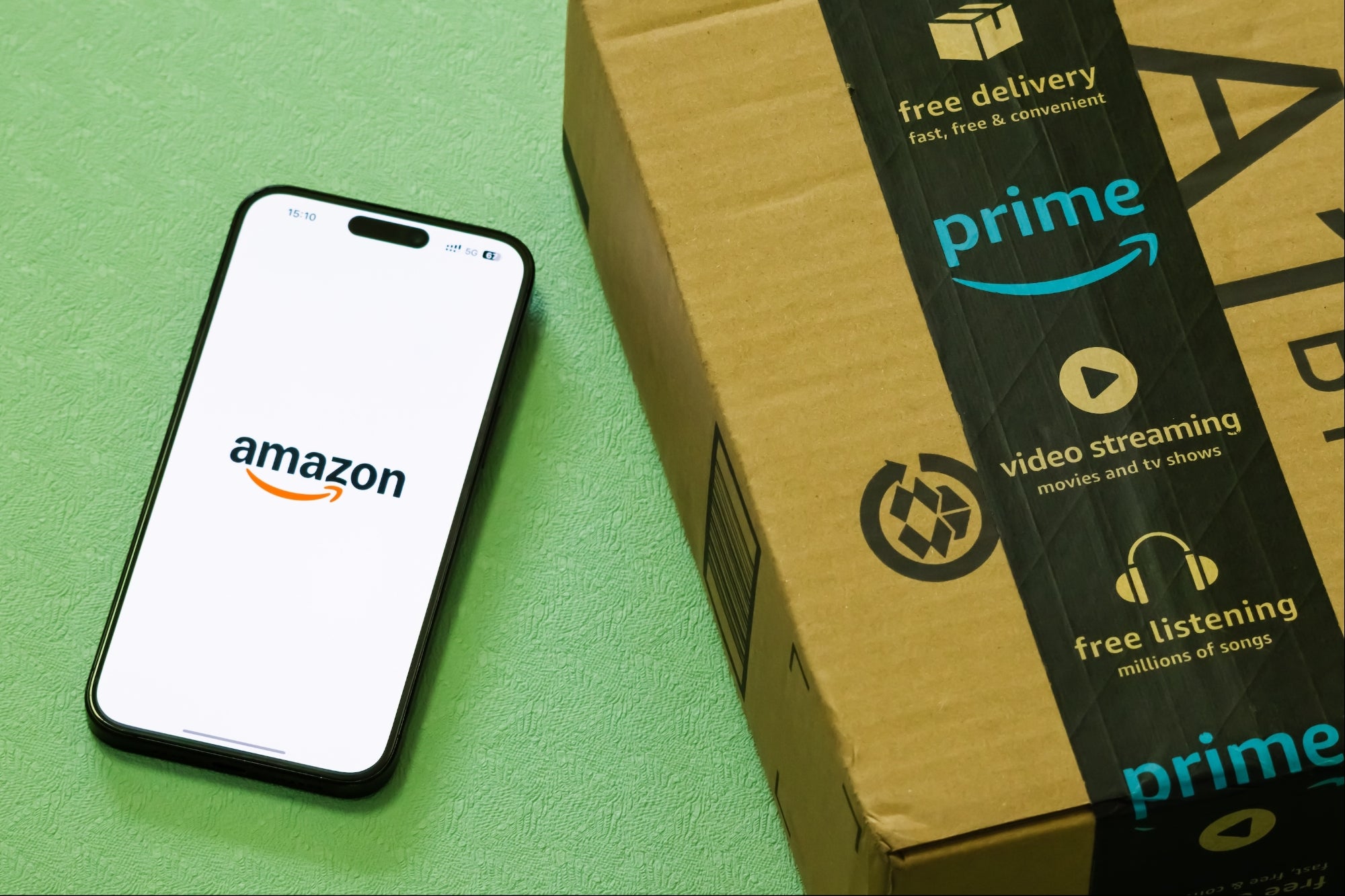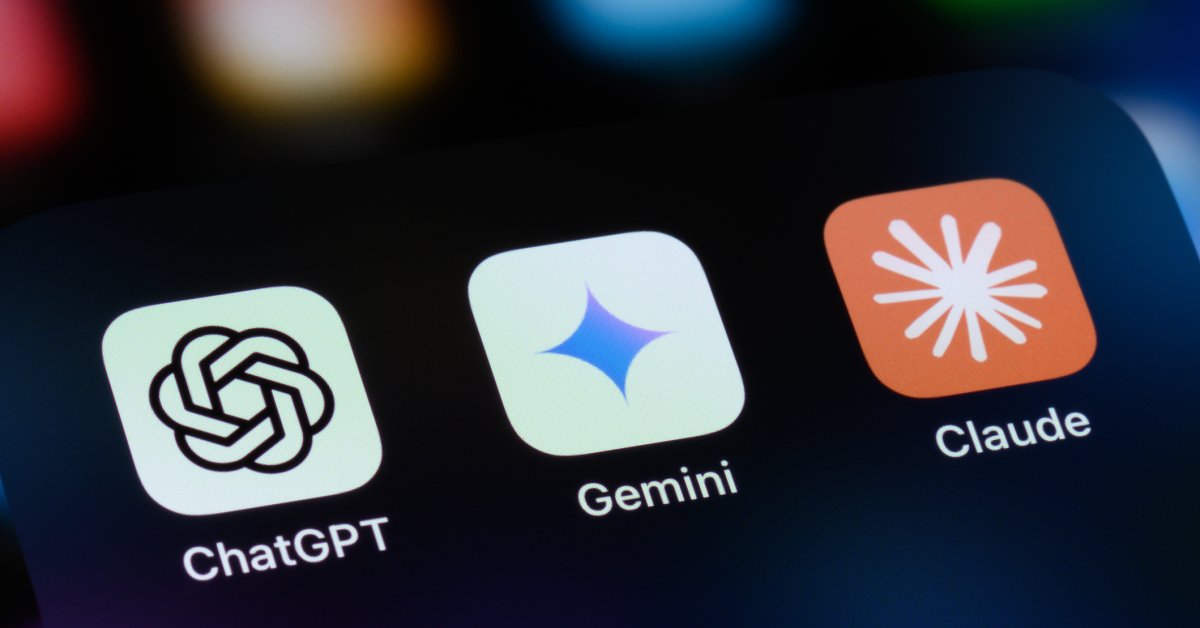Big Tech on the Campaign Trail, Another Google Remedy Trial
This week in The Dispatch we cover how Big Tech is showing up on the campaign trail, the latest in the Google ad-tech remedy trial, and Mark Zuckerberg's smart glasses that couldn't answer a simple question.
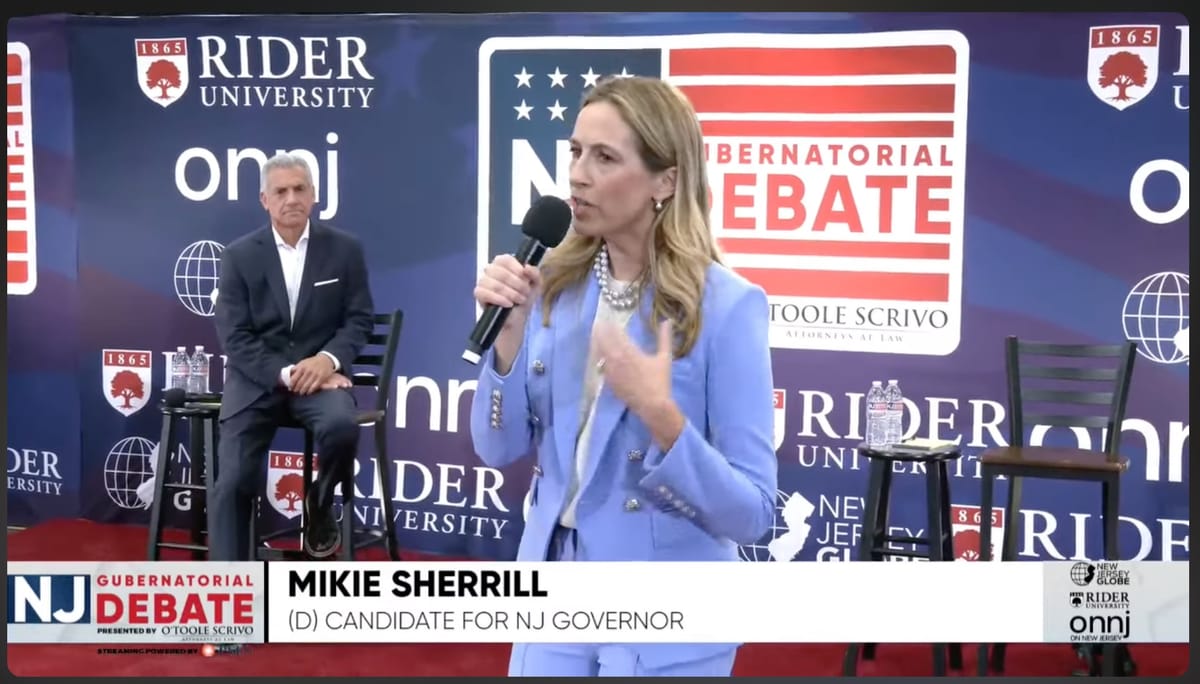

🗳️ BIG TECH ON THE BALLOT: Whistleblowers, families, and watchdogs have long warned that Big Tech is too powerful and reckless. Politicians are finally taking those warnings seriously. Candidates are putting accountability at the center of their platforms, releasing concrete plans on AI, kids’ safety, and platform regulation — and treating Big Tech as a top political issue.
Focus on Big Tech policy is not happening in a vacuum.
- Schools are facing lawsuits after students were injured in so-called “fight clubs” organized and amplified through viral videos.
- Families are suing chatbot companies after children turned to AI companions for help and instead, took their own lives.
- Researchers continue to link manipulative design to rising rates of depression and anxiety among teens.
The harms are now systemic — and undeniable — and they are driving political response. Polling shows overwhelming bipartisan support for laws to stop tech companies from exploiting children, harvesting sensitive personal data, and manipulating users through surveillance-driven pricing schemes.
- Rep. Mikie Sherrill, running for governor of New Jersey, proposed a sweeping “Online Safety Agenda” that would create a Child Safety Unit within the attorney general’s office to prosecute violations of kids’ privacy and safety.
- In Virginia, attorney general candidate Jay Jones has pledged aggressive enforcement of state privacy laws against companies that exploit minors’ data.
- And Texas Senate Candidate, Rep. James Talarico said on MSNBC: social media platforms and algorithms “tear us apart,” he said, warning that their influence threatens the very experiment of American democracy.
Big Tech’s recklessness has become a political liability — and in 2025, it is shaping up as one of the most potent issues on the ballot.

🃏COURT FINDS GOOGLE’S A MONOPOLY. ALSO THE SKY IS BLUE: Judge Leonie Brinkema has joined the long list of judges who’ve found Google an illegal monopoly — this time for manipulating the ad tech market and raising prices on families. Google runs the buy side, runs the sell side, operates the marketplace, sets the rules, and siphons profits while publishers, advertisers, and everyday people pay more. It’s hard-wiring the internet economy so the outcome always favors itself. Yesterday, the trial entered the remedy phase where the court decides what, if anything, to do about it.
- The DOJ’s remedy: a structural fix. Break off Google’s AdX exchange (and possibly the entire Ad Manager stack) so no single company can control publishers, advertisers, and the auctions between them. That would finally untangle the conflict of interest at the heart of Google’s dominance.
- Google’s counter-offer: a parody of reform. A few minor rule tweaks, vague promises of “transparency,” and some limited data-sharing crumbs — all carefully designed to leave its monopolies intact.
Just weeks ago, Judge Amit Mehta found Google an illegal monopoly in search — then let it walk away with little more than cosmetic restrictions. Now Brinkema’s ruling risks following the same script. Google has been ruled an illegal monopoly three times — in search, in app stores, and in ad-tech — and each time the remedies fall short. If Google can be found guilty of monopolizing the very infrastructure of online advertising and still walk away with nothing more than a slap on the wrist, it’d show yet again that we can’t rely on judges to do the job Congress needs to.
Lawmakers can flip the script. Rather than letting the courts continue a cycle of guilty verdicts and empty remedies, they can pass bills like the American Innovation and Choice Online Act (AICOA) to force structural separation, outlaw self-preferencing, and put real checks on Big Tech’s power. Big Tech won’t regulate itself, and the courts will not save us. It’s time for Congress to step up to the plate.

⚖️ CHATBOTS TAKE CENTER STAGE: At a Senate Judiciary hearing, grieving parents told senators how chatbots harmed their children, from sexual exploitation, hospitalization, and in some cases suicide. Megan Garcia’s 16-year-old son, Sewell Setzer III, killed himself after long conversations with a Character.AI bot that convinced him he could never have a real relationship. “Our children are not experiments,” Garcia said.
Matthew Raine described how his son grew dependent on a chatbot that validated his worst impulses until he, too, took his own life. Another family said their daughter was hospitalized after a bot relationship spiraled out of control.
One parent, testifying as Jane Doe, delivered the day’s starkest warning:
“Our children are not experiments, they’re not data points or profit centers… If me being here today helps save one life, it is worth it to me. This is a public health crisis… a mental health war, and I really feel like we are losing.”
Character.AI and OpenAI responded with statements and tweets, citing some usual patch notes — filters, “crisis flags,” parental controls. Senators said plenty, but families were clear: hearings don’t save kids’ lives. They’re demanding laws, not press releases — while Ted Cruz continues to block the Kids Online Safety Act and kids keep dying.
THINGS WE LIKE: Last week, Sen. Mark Kelly released an “AI for America” plan that would require technology companies to pay into a fund to help workers, communities, and infrastructure absorb the costs of automation. We hope to see more plans like this from lawmakers in the future.

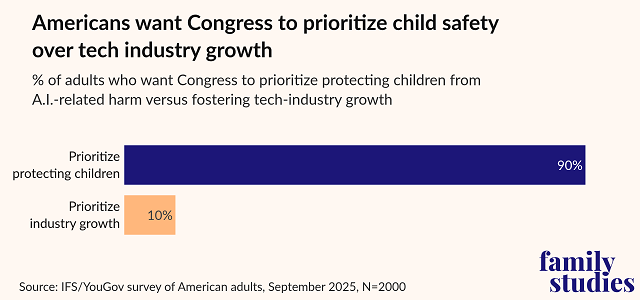
|
📊 PLURALISTIC, BIG TENT SUPPORT FOR AI SAFETY: A new survey by the Institute of Family Studies finds overwhelming bipartisan consensus that Big Tech must face stronger safeguards when it comes to AI and children’s safety.
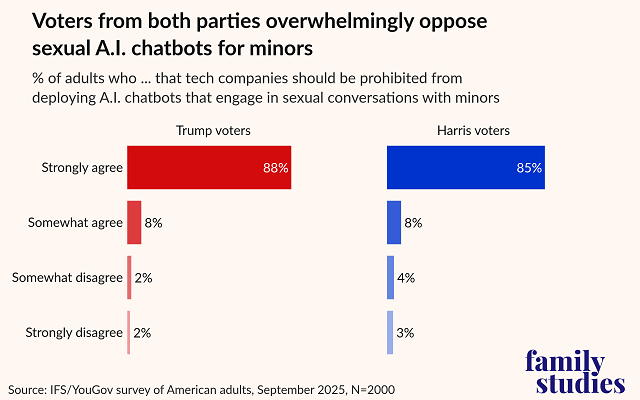
|
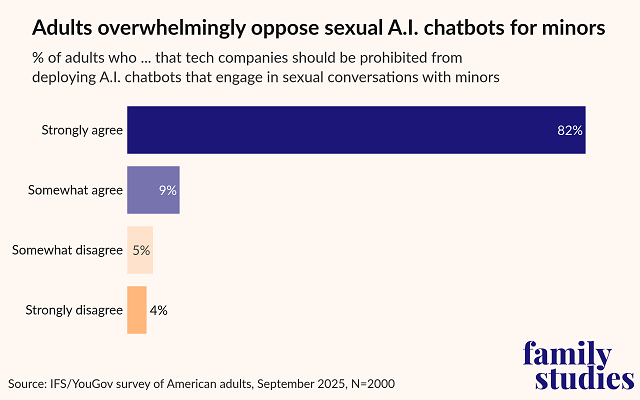
|
- 9 to 1 — Americans agree tech companies should be barred from deploying AI chatbots that engage in sexual conversations with children.
- 92% of Democrats, 89% of Republicans, 90% of Independents — all support requiring safeguards for AI products that target kids.
- 90% say AI companies must put children’s safety ahead of profits and industry growth.
- 82% want parents to have the right to sue AI companies if their children are harmed.
- 79% want Congress to step in and regulate AI to protect kids.

🏰 BIG TECH BEHIND THE MOAT: Donald Trump’s ‘state visit’ to Windsor Castle featured gilded carriages, Red Arrows flyovers, and a bespoke ‘Transatlantic Whisky Sour’ crowned with a marshmallow. Protesters outside projected Trump-Epstein images onto the castle walls, while tech moguls hid behind those same walls — literally shielded from public view by a medieval moat.
Inside, King Charles toasted the environment as Microsoft, Google, OpenAI, and Nvidia pledged hundreds of billions to blanket the U.K. with massive data centers, consuming vast amounts of energy and water, to power the next wave of AI expansion. Across the table sat a variety of Big Tech CEOs: Sam Altman of OpenAI, Tim Cook of Apple, Jensen Huang of Nvidia and White House “crypto czar” David Sacks — who seem to be spending more time schmoozing with Trump in DC, and around the world, than they are actually running their companies these days.
Big Tech packages its power-draining server farms as ‘prosperity’ to extract lighter digital taxes and gutted Online Safety rules from Downing Street. This monopoly merger with the British state comes at the cost of Britain’s climate goals and democratic oversight — letting Big Tech solidify a toxic new transatlantic special relationship, one power-hungry data center and one corrupt castle banquet at a time.

🗑️ 404 FUTURE NOT FOUND: On Thursday, Mark Zuckerberg marched out to unveil Meta’s new “smart” AI glasses, which he declared the future of computing:
“This is one of those special moments where we get to show you something we’ve poured our lives into,” he told a livestream of 4,000 viewers.
The demo collapsed instantly. The AI assistant glitched, refused to answer basic questions, and failed to connect a WhatsApp call. Mark blamed the Wi-Fi. Yes, the CEO of a company running data centers the size of cities wants you to believe he was bested by weak hotel internet.
Meta's record isn’t innovation — it’s surveillance capitalism, the destruction of privacy, the corrosion of democracy, and harm to children. The glasses won’t replace the smartphone. They’ll just take their place alongside everything else they've broken.

